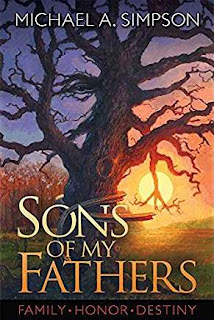Having read and truly enjoyed Helen Hollick’s “Sea
Witch Voyages,” I was happy to find out more about that charming rascal,
Jesamiah Acorne. Was I ever surprised to read where this seemingly English lad
had spent his miserable young years [and, no, I am not going to ruin this great
story by telling you].
With trepidation, we follow the fifteen-year old’s
escape to sea. If his life on land had been miserable and hard, in 1708 life at
sea proves even harder. Young Jesamiah soon learns about the drink, the stink
and the whoring. He discovers that his volatile captain and the salt-hardened
crew are attacking French and Spanish merchant ships throughout the Caribbean.
Any smidgen of conscience is eased by Queen Anne’s “Letter of Marque,” giving
them royal leave to plunder as it declares them to be honorable privateers in
her war against Spain and her allies; when truth be told, their lust for
plunder soon turns them into murdering pirates.
Jesamiah, the ship’s boy, grows into Jesamiah, the
man (ahem, Pirate). There is foreboding of an intriguing Cornish girl, Tiola,
appearing in his dreams. In the later Sea Witch novels, it is she who becomes
the rival to Jesamiah’s great love, the sea. And, of course, there is the
Mermaid, who tries to lure young Jesamiah into her watery realm with her sweet
siren song.
This short prequel to “The Sea Witch Voyages” was
made doubly enjoyable for me by the author’s usage of language; spot-on for the
time. (And I don’t mean salty language although - leave it to this hat-wearing
lady – she can swear like any rum-soaked pirate when the occasion calls for
it.) The interwoven descriptions of snapping topgallants, slick ratlines, and
belaying-pins and other nautical terms correctly fit those complex old sailing
ships on which one false step meant certain death.
You’ve got to love
Jesamiah and, you've got to get this novella. It's only 99c (or 99p in Britain).
Also, check out Helen Hollick's interesting blogs:









